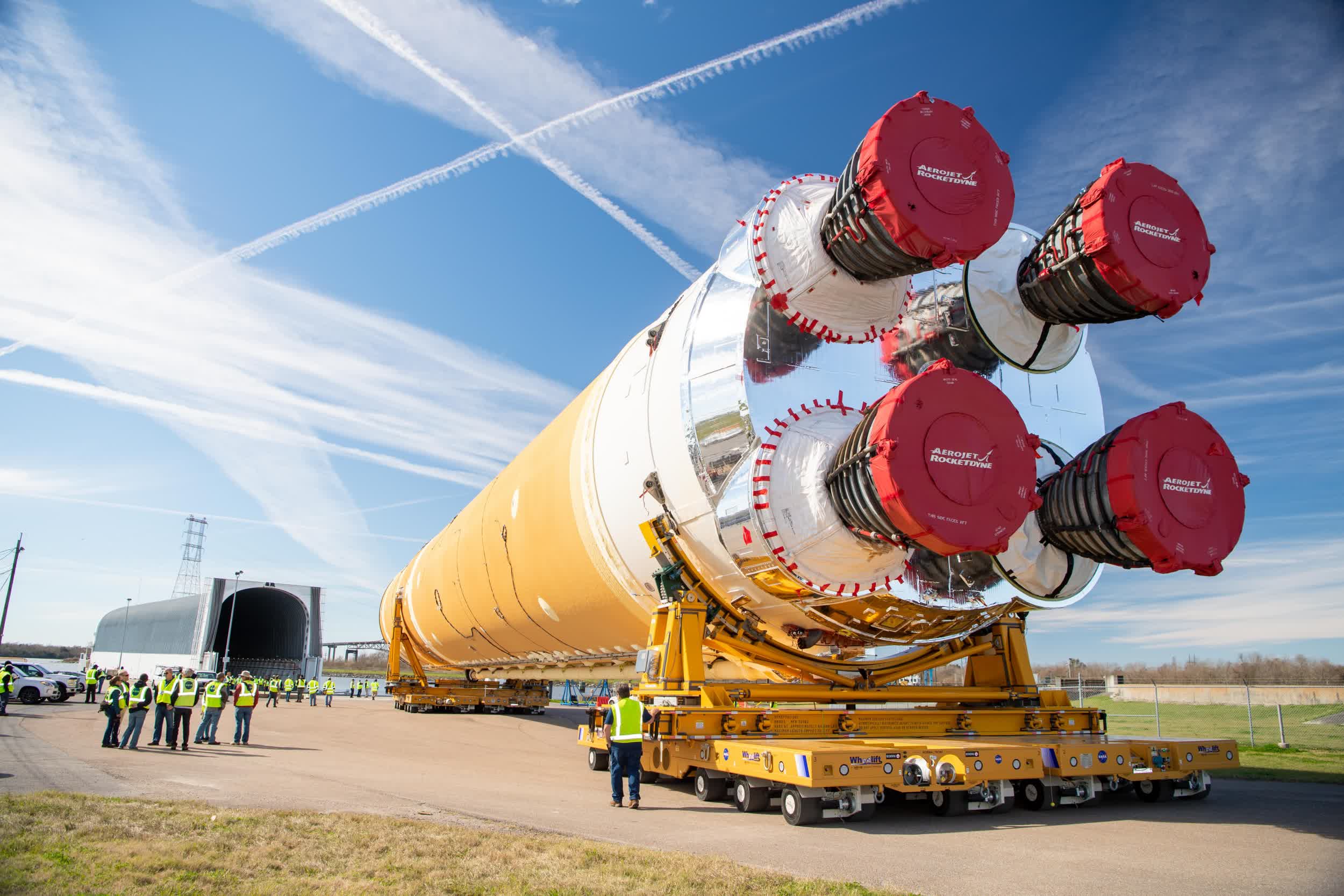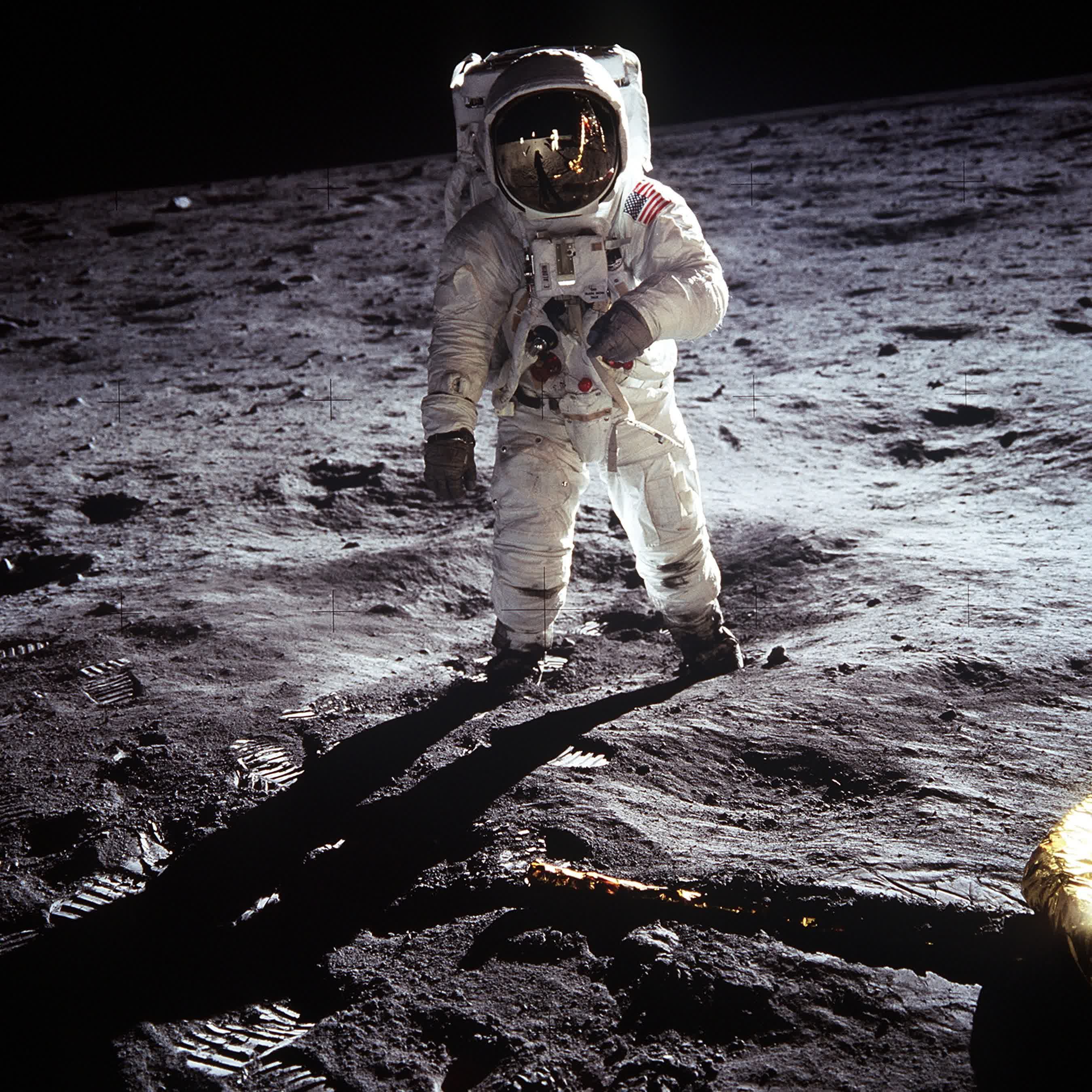Why it matters: NASA has provided the first major update to its Artemis program under the Biden administration, and it’s not what most would consider good news. Fortunately, we still have another major milestone to look forward to next month with the launch of the James Webb Space Telescope.

NASA Administrator Bill Nelson said returning to the Moon as quickly and safely as possible is an agency priority. “However, with the recent lawsuit and other factors, the first human landing under Artemis is likely no earlier than 2025,” he added.
NASA earlier this year awarded SpaceX a contract to develop a lunar lander for Artemis, the agency’s spaceflight program tasked with returning humans to the Moon. The selection didn’t sit well with rival Blue Origin, which decided to sue NASA over the decision.
A judge dismissed the lawsuit last week, but not before it put NASA nearly seven months behind schedule.
NASA also said the Trump Administration’s landing goal of 2024 was not technically feasible.

Artemis I is to be an uncrewed test of the Space Launch System (SLS) and Orion spacecraft. Artemis II will follow as a crewed test flight around the Moon, taking humans farther into space than ever before – approximately 40,000 miles past the Moon. Artemis III is the crewed lunar landing mission referenced above.
In the interim, space enthusiasts have the launch of the James Webb Space Telescope to look forward to. The oft-delayed space observatory recently completed its trip from California to the Guiana Space Centre in French Guiana, and is scheduled for launch on December 18, 2021.
Image credit NASA, Pixabay
https://www.techspot.com/news/92166-nasa-delays-crewed-moon-landing-no-earlier-than.html